We can never repeat it often enough: it is essential to protect your Bitcoin (BTC) assets well. Leaving your BTC on a crypto exchange is a very bad idea. As they say, “not your keys, not your coins”, which can loosely translate to “if you don’t own your private keys, you don’t own your bitcoins”. And to protect your BTC, no choice but touse a bitcoin wallet.
What is a bitcoin wallet?
A bitcoin wallet is a storage solution and exchange of BTC, leader in terms of market capitalization, but also of different cryptocurrencies. There are two types of wallets, on the one hand what are called ” hot wallets “, connected to the internet, and on the other hand the ” cold wallets which are not.
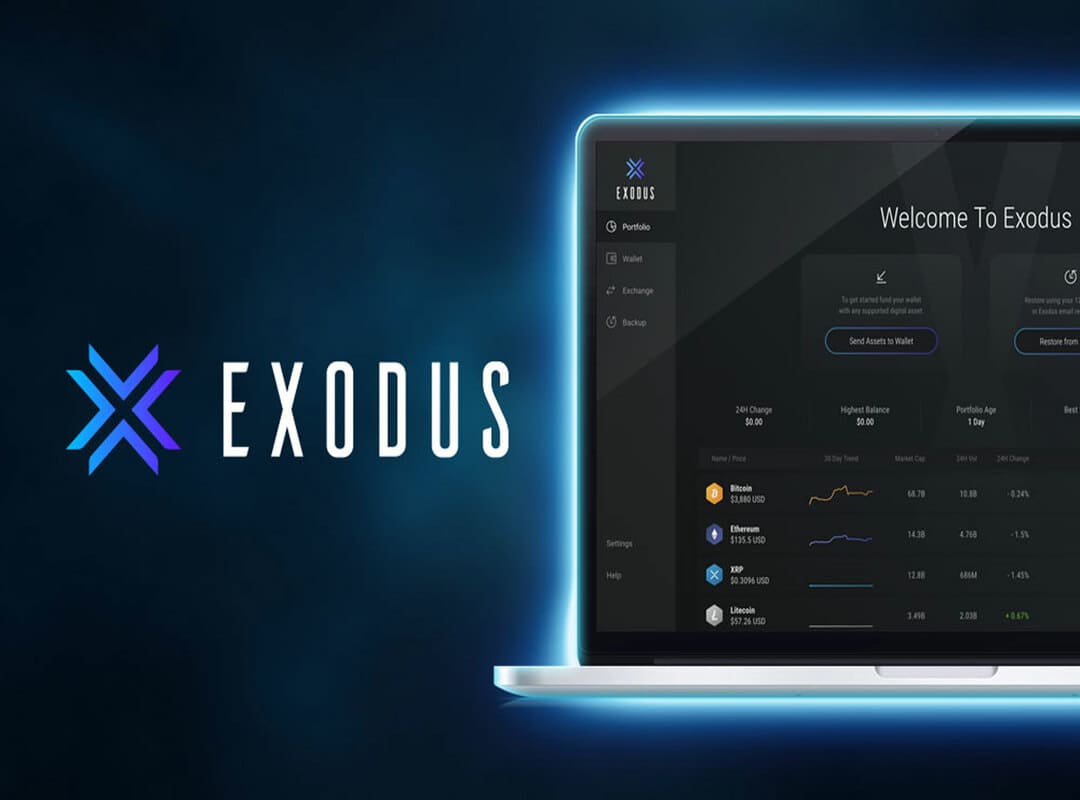
The hot wallets take the form of mobile, web, or desktop applications (or are integrated with your account on an exchange) and are software-only.
A distinction must be made between hot wallets whose custody is ensured by the user and wallets whose custody is entrusted to third parties, as shown in the diagram below:
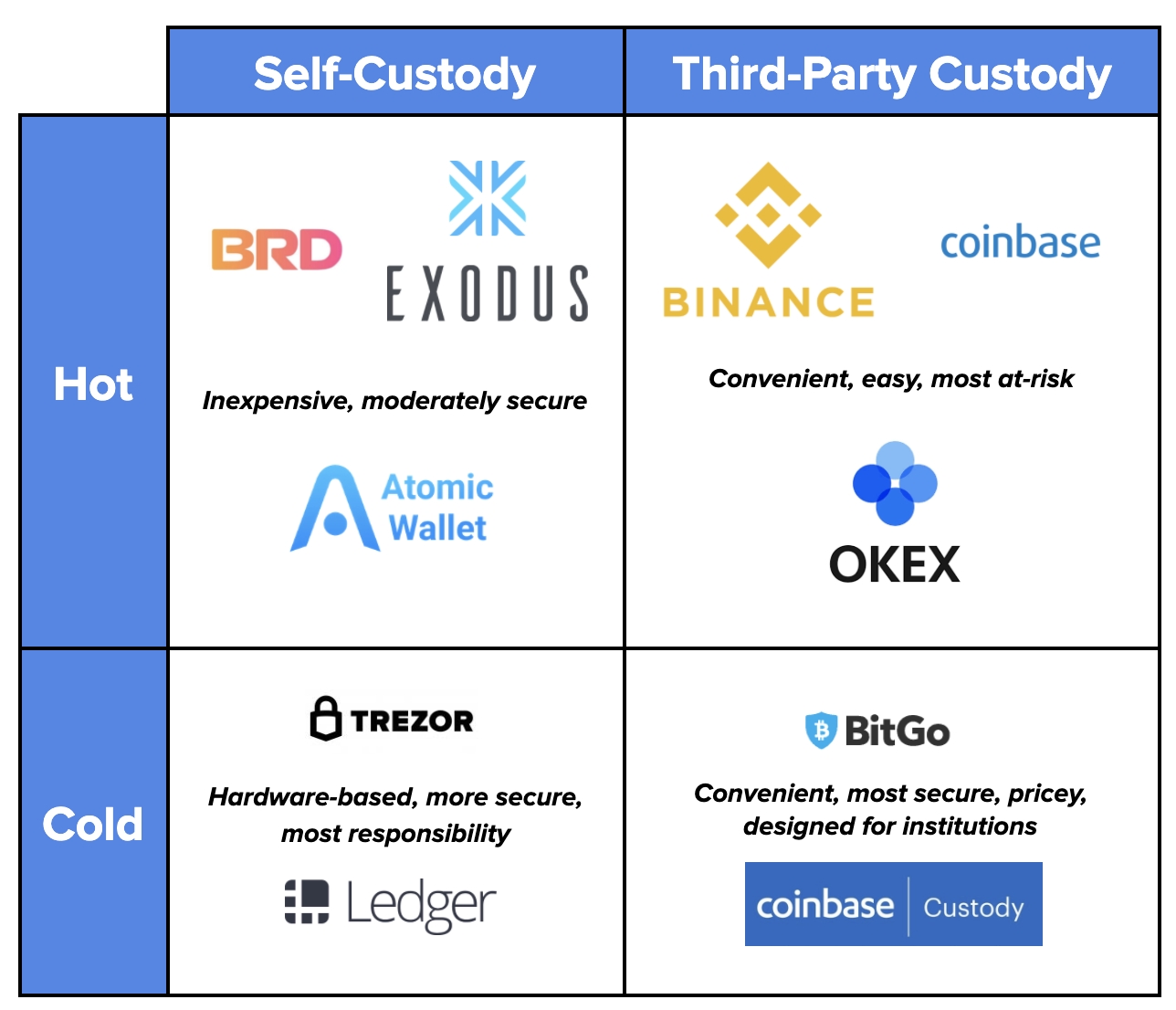
Type wallets cold wallet like those of Trezorof Ledger (or even paper wallets) are wallets that have the particularity of not ensuring the safekeeping of cryptocurrencies, it is indeed up to the user to ensure the security of his Bitcoin (or altcoin) assets.
These different types of wallets work the same way. They store not your assets directly but the information necessary to access them.
Each Bitcoin address is, in fact, associated with a set of private secret numbers, as well as a public key corresponding to the identification on the user’s blockchain. These keys are used to sign transactions, giving the user control over bitcoins from that address. It is this information that is stored on a crypto wallet.
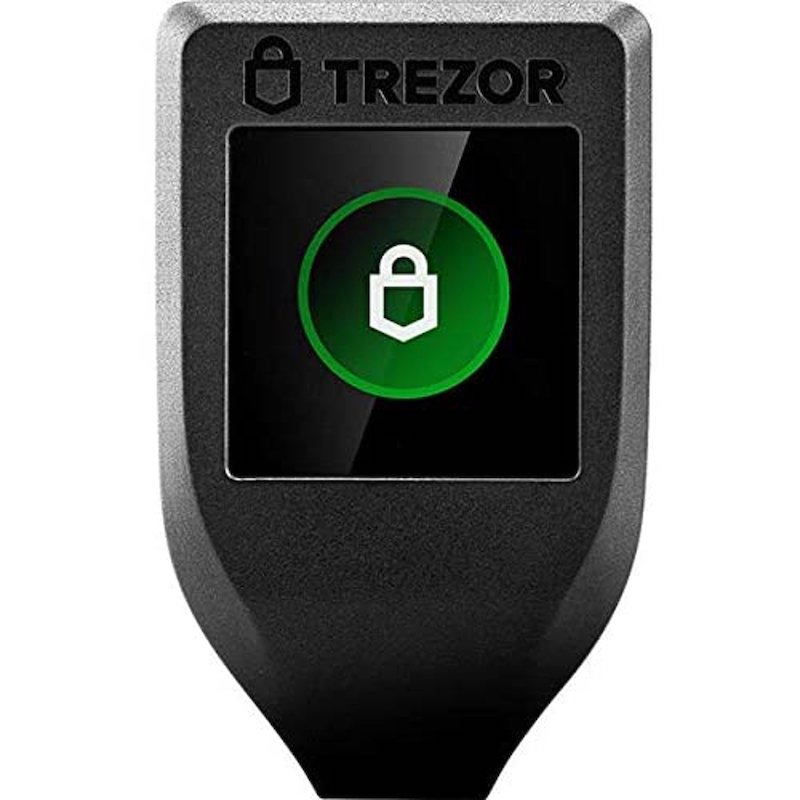
Some wallets also offer the possibility of requiring more than one key to authorize a transaction. This can be used to separate responsibility and control of funds between multiple parties.
The Coin Tracker site used a very good analogy with traditional finance to understand the differences between cold and hot wallets.
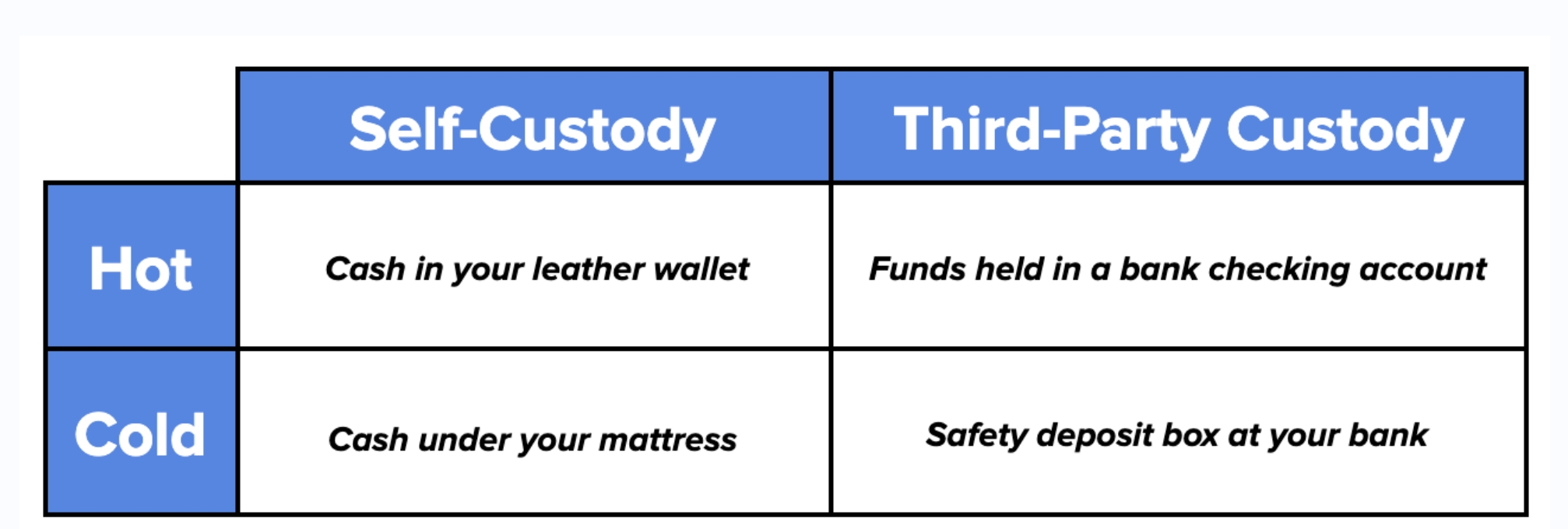
- A self-custody hot wallet is like having cash in your wallet.
- A “third-party custody” hot wallet is as if the funds were in a current bank account.
- A self-custody cold wallet is like having cash under your mattress.
- A third-party custody cold wallet is like having a bank vault.
Features and Benefits of a Bitcoin Wallet
- Quick access to his assets by means of a password (without the need to systematically use his private keys);
- Increased security of your assets (particularly in the case of cold wallets);
- Possibility of automatic session disconnection after the execution of a transaction to prevent unauthorized access;
- Easier access to transaction history for users;
- Ability to receive real-time push notifications to view activity around the clock;
- Quick access to the list of frequently used wallet addresses;
- Several modes of execution of transactions offered (via NFC or QR code in particular).
The Security of a Bitcoin Wallet
Wallet security is essential because cryptocurrencies are high-value targets for hackers. Some safeguards include encryption of the wallet with a strong password, use of a two-factor authentication (2FA) for exchanges or offline storage of your information.
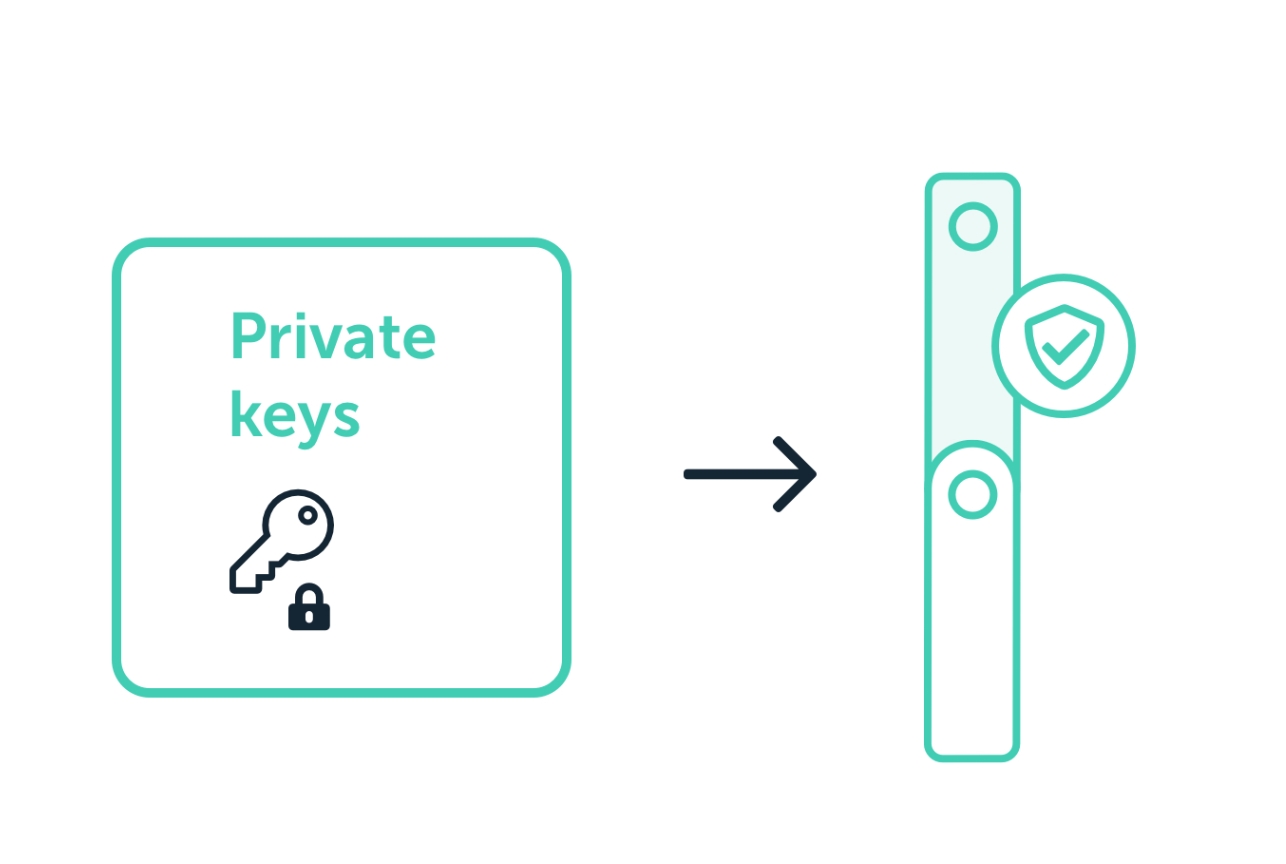
Most modern wallets are generated from a unique twelve-word code, which can be used to restore it if the device is lost or damaged. These words must be carefully stored in a safe place, because anyone who finds them can steal your cryptocurrency.
As you can see, using cryptocurrency is not as complicated as it first appears. Blockchain technology and cryptocurrencies are now symbols of financial freedom. Holding a digital wallet allows you to extract yourself, in part, from dependence on banking institutions and the inflections of central banks and to regain control over the management of your assets.
PS Are you ready to enter the cryptosphere? Do not hesitate to discover our guides dedicated to different cryptocurrencies!
Follow our affiliate links:
- To buy cryptocurrencies in the SEPA Zone, Europe and French citizensvisit Coinhouse
- To buy cryptocurrency in Canadavisit Bitbuy
- To generate interest with your bitcoinsgo to the BlockFi website
- To secure or store your cryptocurrenciesget Ledger or Trezor wallets
- To trade your cryptos anonymouslyinstall the NordVPN app
To invest in cryptocurrency mining or masternodes:
To accumulate coins while playing:
- In poker on the CoinPoker gaming platform
- To a global fantasy football on the Sorare platform
Stay informed with our free weekly newsletter and to our social networks:
